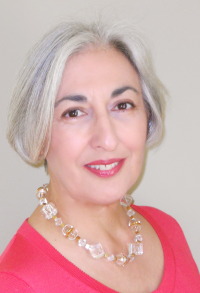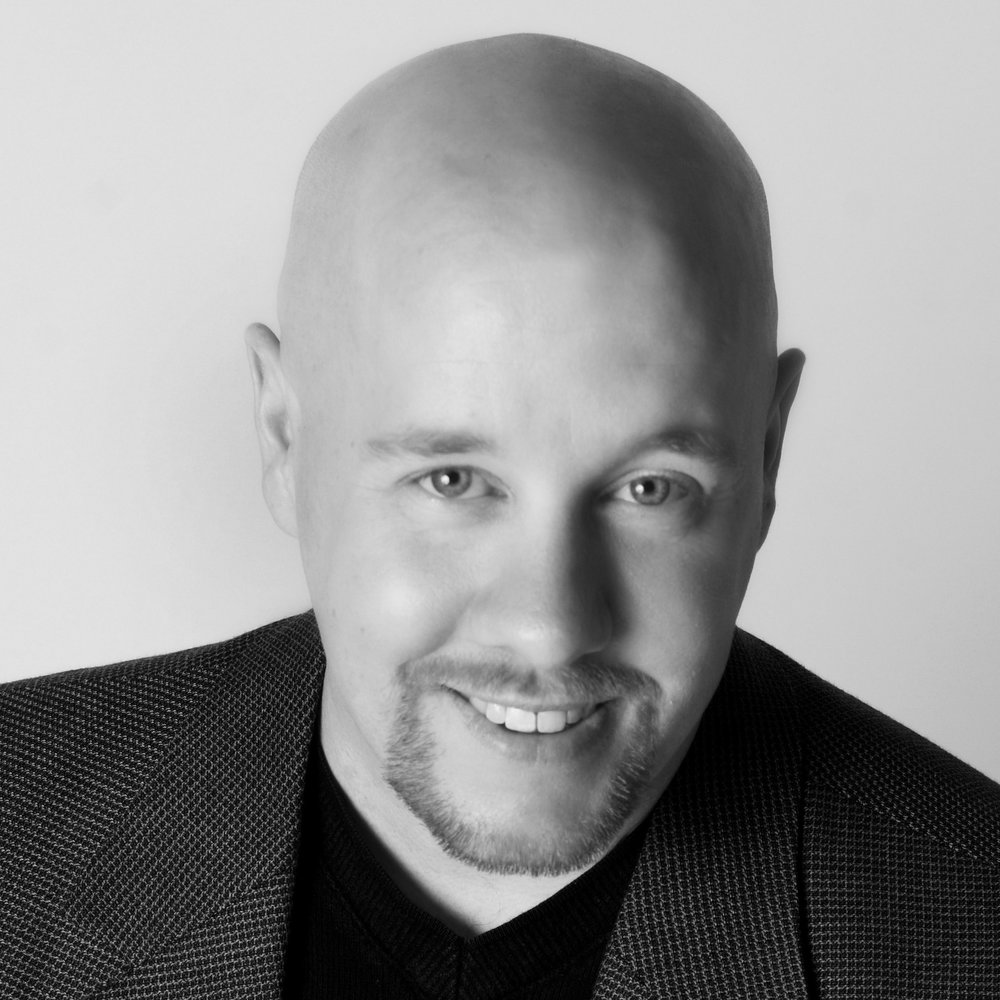
It has been a pleasure to get to know Yota over this past year. My gratitude and thanks goes to her for sharing her thoughts about next steps. The interview is a two-part series. Part 2 will post this Wednesday. Come back to learn more because the wisdom she shares is too good to miss. Before we begin, here’s some background about Yota.
Yota Schneider is a life transitions coach working with people who want to explore the hidden gifts and opportunities of change in their lives. Her approach is inspiring, practical, and empowering. As a Seasons of Change certified Master Coach and a mindfulness meditation practitioner, Yota uses a variety of tools and strategies to help her clients overcome self-doubt, gain a new perspective on life’s ups and downs, and make decisions and choices that are fueled by greater clarity and a renewed sense of purpose. You can connect with her on Twitter, Facebook, or her website.
Linda: You are a Seasons of Change certified Master Coach and expert on helping others figure out their next step. What are the key ingredients for making successful choices?
Yota: Our choices depend on who we are at any given moment, our temperament and basic personality, what our priorities and aspirations are, where we stand on the continuum of our life and the influences we’re subjected to. What appears to be a successful choice today may not be such a great idea on a different day.
Like with everything else, we can only do the best we can. What does doing our best mean? It has to do with self-awareness, trust, timing, clarity, and refusal to settle for less than life has to offer.
We are not born knowing what successful choices look like. As we grow into our lives and gather experiences, we begin to understand that the only person we can really be is our self and the only life we can live is ours.
It takes time and inner work to come to know and appreciate who we are. Self-awareness helps us develop trust in our selves, skills, preferences and the forces that govern our lives. Over time we learn to act despite our fears and not settle for less.
Having developed self-awareness and trust opens us up to possibilities and the sheer potentiality that surrounds us. Once we begin to see possibilities and open up to a new way of being, it’s only a matter of time before it all falls into place.
That’s when inspiration and insights begin to flow. Doors begin to open for our allies to walk through and stand by our side. Our inner guidance system becomes fully operational and we begin to see clearly as the map is being laid out. At this point, our job is to hold on to our vision and put one foot in front of the other.
Having said that, I am well aware that there are no guarantees. There are things about our lives that we can’t explain or fully comprehend. There’s always the X Factor, something that intervenes and sends us on a detour. Yet, if we listen to people who have completed their detour and come back full circle, we hear them say that it was all worth it.
Our life is the sum of our experiences and choices. No matter how we interpret our experiences, they become indispensable components of the landscape of our lives.
Have you ever wondered: “Would your life be what it is today if you hadn’t traveled the path that was laid in front of you?”
Linda: What if you aren’t sure what “next” looks like?
Yota: When change happens, whether it’s perceived as good or bad, expected or unexpected, wished for or unwanted, we inevitably encounter uncharted territory. There’s a gap between what changed and what is going to be that’s filled with uncertainty, doubt, lack of clarity and fear of the unknown.
Change brings along the opportunity for growth, only growth doesn’t happen overnight. It takes time for the process of transition to come full circle. The timing and pace of it are personal and different for each one of us.
Most of us have not been taught and encouraged to be comfortable with uncertainty. Yet, this is exactly what we must do as we enter the “waiting” period. This time of “not knowing” is when so much is happening under the surface. Everything is being shaped in the dark room of creation. Our assignment is to stay put, do what we must, take good care of ourselves, honor our needs and go with the flow of our transition.
If you aren’t sure what “next” looks like, then you have to accept and honor this uncertainty, for now. Take care of your immediate needs, listen carefully to what your inner voice is saying, spend time alone and in nature, and engage in activities that nurture you and inspire you.
This can be a time of clearing out what doesn’t serve your life anymore and making room for the new. This is a good time to trust your intuition and be kind to yourself. If something doesn’t feel right, let it go. Surround yourself with people who understand what you’re going through and respect your process.
Above all, understand that this stage is a valuable part of the process of transition and it will not last forever. You’re not alone. Don’t let fear decide for you.
In due time, you’ll begin to sense your energy shifting and things begin to come alive again. You’ll begin to get glimpses, insights and inspiration. It is at this point, that you can begin to shift your focus to asking “What if...” questions and, as you do your homework, you’ll become clearer on what needs to be done, you’ll begin to build momentum, and before you know it, you’ll be on your way, once again.
Come join the conversation. Share your thoughts or questions about next steps. I invite you to stop back tomorrow for Part 2 of Yota’s interview when she shares more ideas about next steps and talks about why we get stuck and have difficulty moving forward.






